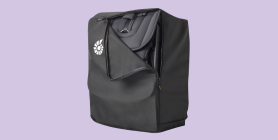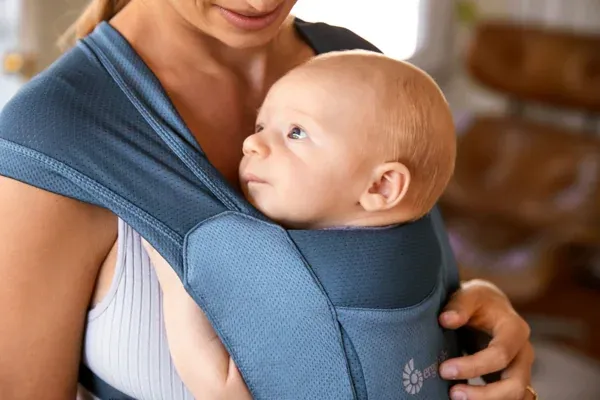
If you’re a mother, chances are you understand the changes we go through during pregnancy, after birth, and in the years following. It’s no surprise when you learn a fellow mum is unable to multitask or forgets the simplest things or is constantly consumed by their children’s well-being.
Want to know something amazing? It’s not just you. You’re not going crazy. Science proves it! Journalist and mother, Chelsea Conaboy, went looking for answers about the changes beyond a woman’s body during pregnancy. She wanted answers about the changes in the brain and that led her to her now viral article in Boston Globe, “Motherhood brings the most dramatic brain changes of a woman’s life.”
The Most Significant Biological Event in a Mother’s Life
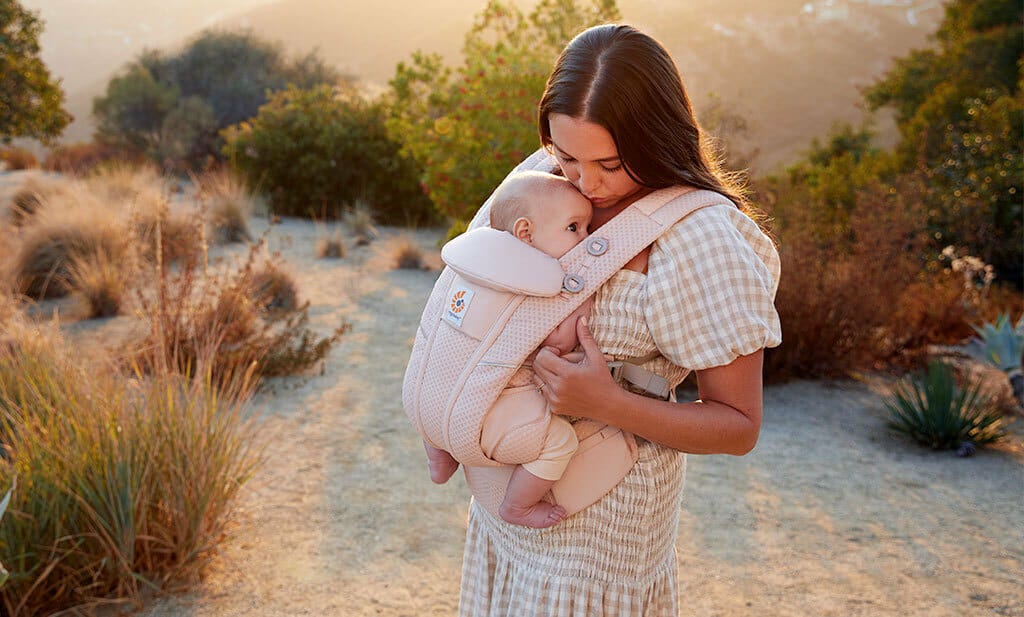
In a 2006 study from Scientific American, researchers discovered that almost all female mammals undergo “fundamental changes” during pregnancy and after birth and that pregnancy and lactation hormones may alter the brain, “increasing the size of the neurons in some regions and producing structural changes in others.”
These changes are significant which begged the question, “Why is no one talking about it?” Conaboy discovered that women “experience a flood of hormones during pregnancy, childbirth, and breast/chest feeding that primes the brain for dramatic change in regions thought to make up the maternal circuit.” The parts of the brain related to things like multitasking, empathy, and the ability to regulate our responses to stimuli or threats are directly affected by the drastic change in hormones.
Maternal Brain Researcher, Jodi Pawluski, said it’s a really basic, beautiful and a powerful change that takes place. It’s one of the most significant biological events in a mother’s life.
In an interview with Motherly, Conaboy said, “‘I had this experience of basically heightened anxiety after my first son was born and I started looking at the research around women’s brains and the transition to motherhood.’ When she dug into the neurobiology of the maternal mind Conaboy learned that her anxiety was due in part to powerful maternal brain changes that are intended specifically to help us do this job of being a parent.”
It’s incredible that our bodies are made to holistically prepare us for motherhood!
What about Dad’s brain, how does this differ from mum?
According to Dads Adventure Fathers to be tend to think about the bigger, longer-term picture during pregnancy which is a huge benefit in the lifelong commitment of raising a family.
One contributing factor which demonstrates the difference in Mum and Dad‘s brain is the hormone oxytocin. During childbirth and the postpartum period, oxytocin plays a key role in regulating and controlling processes that ensure a safe birth and the health of mother and child.
The below chart from Dads Adventure illustrates when and how much oxytocin a baby generates in a new Dad, relative to Mum.
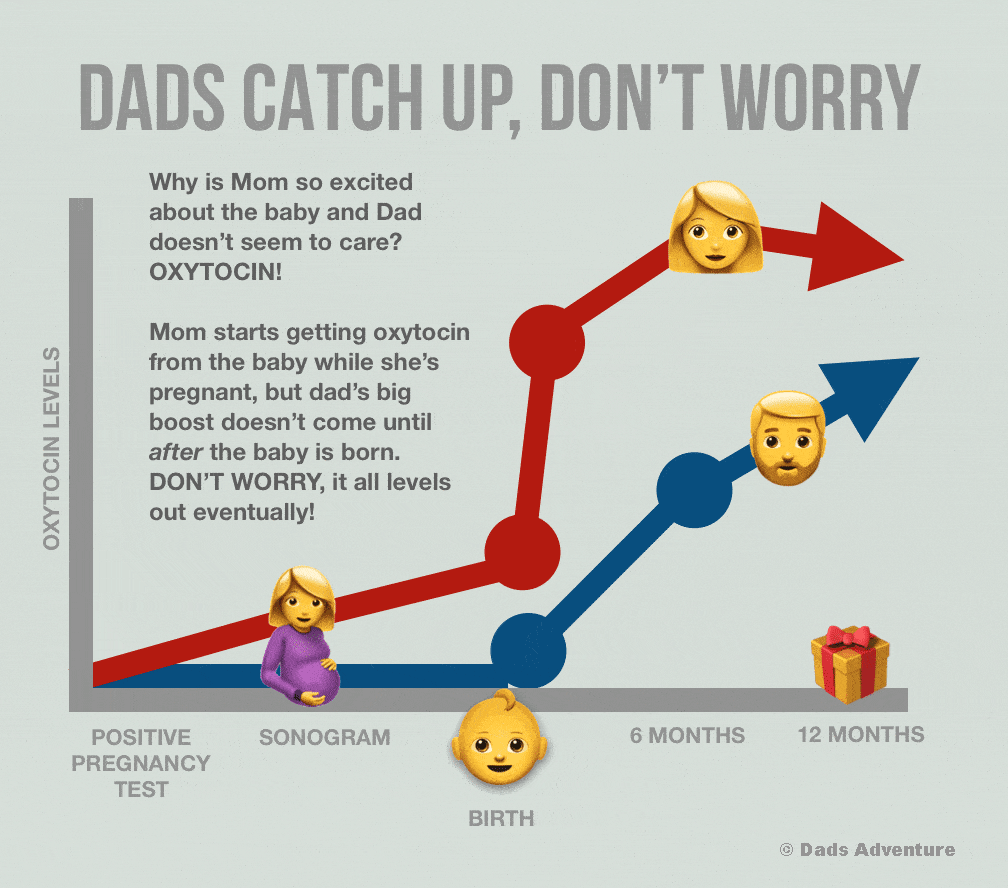
During pregnancy, nature allows mum to experience the oxytocin her baby generates in her long before its Dads turn.
Mums peaks at birth, and all the intimate contact she has with her newborn like breast/chest feeding, allows the oxytocin to continue.
Once little one arrives, Dad can then get hands-on with the newest family member and start catching up. Mum’s dosage level calms down after a while, while Dad‘s will keep growing.
Did you know that babywearing helps you respond to your babies more effectively?
Emily Little, Ph.D., founder of Nurturely, examined babywearing mothers and compared them with mothers who used other primary methods of transporting their baby (stroller, arm-carrying, etc). This study had multiple levels comparing babywearing mothers across a variety of settings, and the findings yielded novel results about the way babywearing influences the mother’s response to her baby.
In the first study, mothers who primarily choose babywearing for transporting their baby were shown to be more responsive to their babies, even when not wearing their babies. These mothers were overall more responsive to baby as well as more engaged with infants’ positive emotion, suggesting these mothers were not simply attuned to comforting or minimizing baby’s distress.
What is the best solution for soothing crying babies?
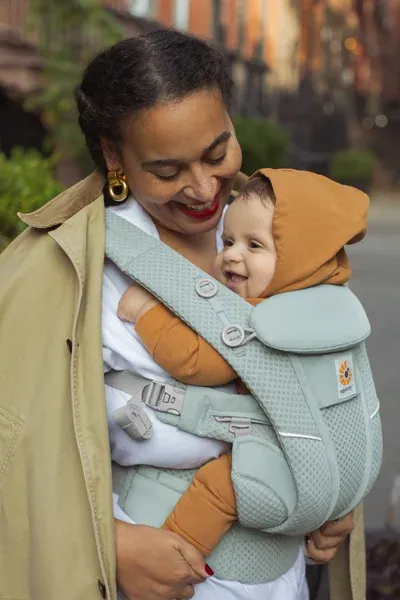
It’s no surprise that we are big advocates of babywearing here at Ergobaby. We could spend hours talking to you about all the benefits. We love how in the study mentioned above, we learn how a mother’s (or father’s) response to their little ones are so much more in tune when we keep our little ones close which means happier babies!
A recent study declared babywearing the “best solution for soothing crying babies”! According to Science Alert, “Parents are better off taking their crying baby for a walk in their arms…This strategy often lowers a baby’s heart rate and helps them fall asleep.”
The authors of this study suggest that, “For secure holding, caregivers should attach the infant body snugly to their own body and support the infant’s head.” Hello baby carriers!
This study taps into some of our most natural reflexes and suggests that holding and walking with children is inherent across most mammalian species!
Read the entire article here.
Which Baby Carrier is Right For Me?
We hear this question a lot and we get it. There are a lot of carriers on the market and at Ergobaby, we have a variety to choose from. We love to say that a carrier is just like a good pair of jeans – everyone’s personal preference, style, and fit are different! What’s most important is to get an ergonomic carrier that supports both your back and your baby’s back and hips.
Every one of our carriers is designed to not only make baby comfortable, but the parent and caregiver too! But after years of caregivers trying different babywearing methods, coupled with today’s technology, you’re presented with more carrier choices than ever. How do you choose which carrier to get?
Try taking our carrier quiz to find your perfect carrier.
In conclusion, wear all the babies!













